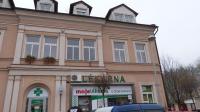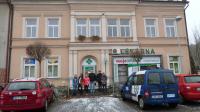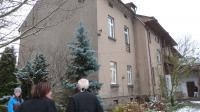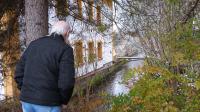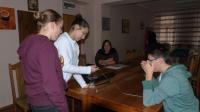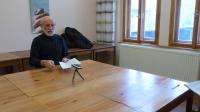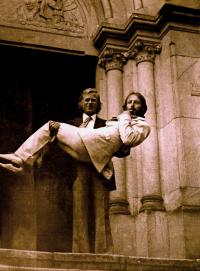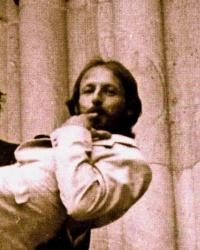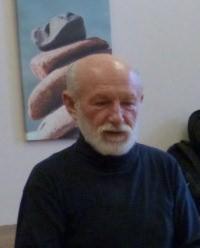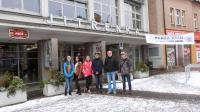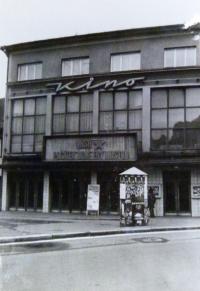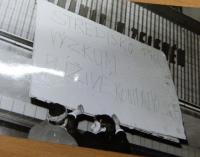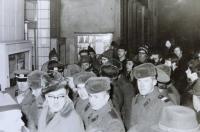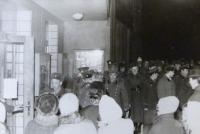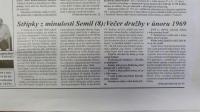„Bullets don’t fly in a curve.“
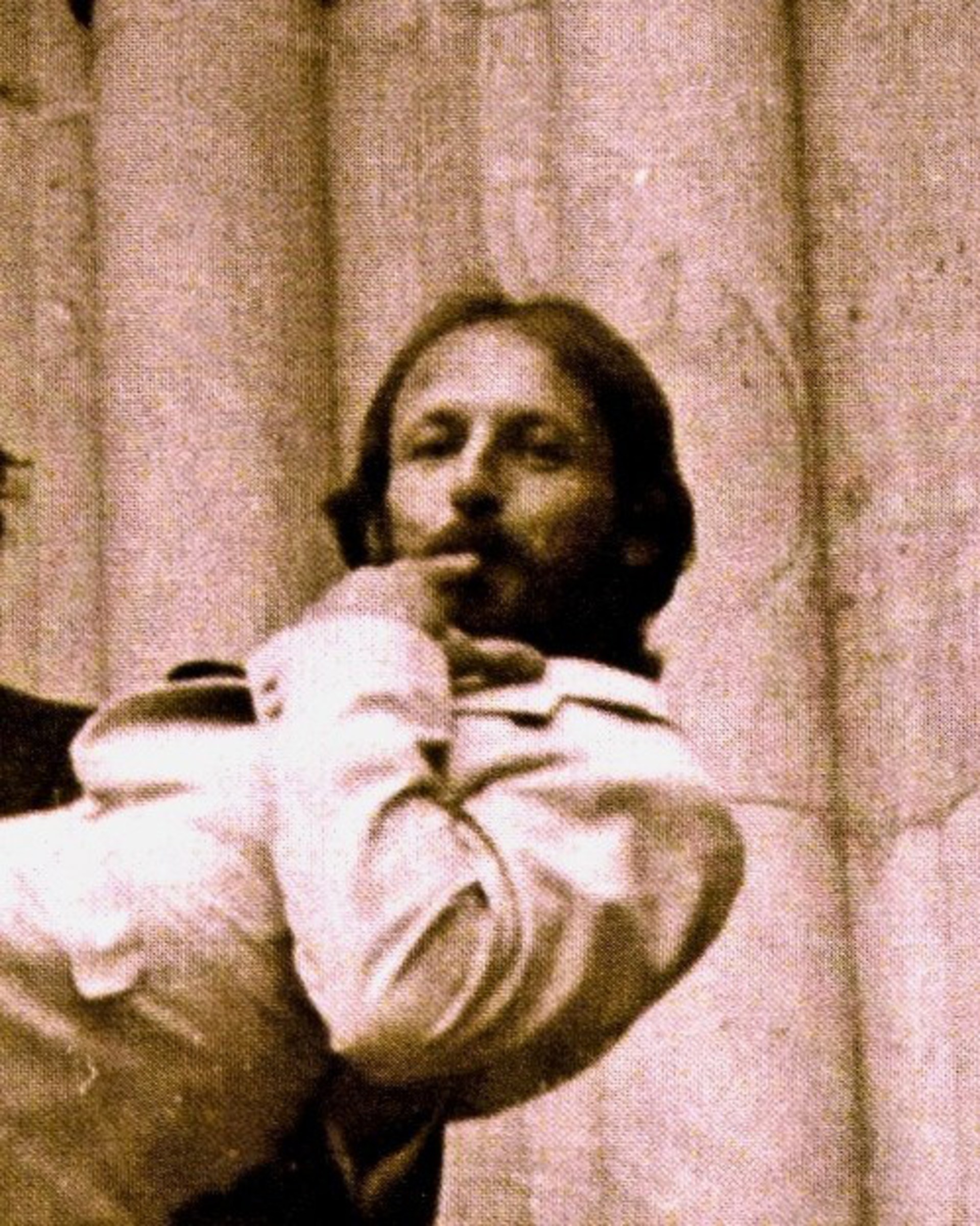
Stáhnout obrázek
Karel Hádek was born in Semily on the 13th of December, 1946. He studied chemistry and worked in the research institute at Turnov in the analytical laboratory studying single crystals. He served his military service in the chemistry unit at Liberec. After returning in 1967, he continued working for the research institute. Due to his low salary he started shooting photographs for advertisements, company New Year cards, or snapshots from manufacturing processes. One of the people he cooperated with was Ladislav Opočenský. In spring 1968 he founded a youth club in Semily. They organized meetings that became popular all over the country soon afterward. In 1969 he was first charged with public disorder and sentenced to eight months in prison, and later the charge included subverting the republic. He ended up spending three and a half years in the prison of Bory in Pilsen. Following his return the regime had no work to offer him. He was shortly employed in Prefa Trutnov, later he worked with Václav Havel in the Trutnov brewery. Karel Hádek‘s most famous photograph portraying Václav Havel in the brewery comes from this period. He would frequently get summoned by the State Security, eventually, he was deprived of his citizenship and forced to leave the country in 1980. He moved to Munich and only returned to his home country in the 1990s. Today he manages a successful company manufacturing natural cosmetics.
